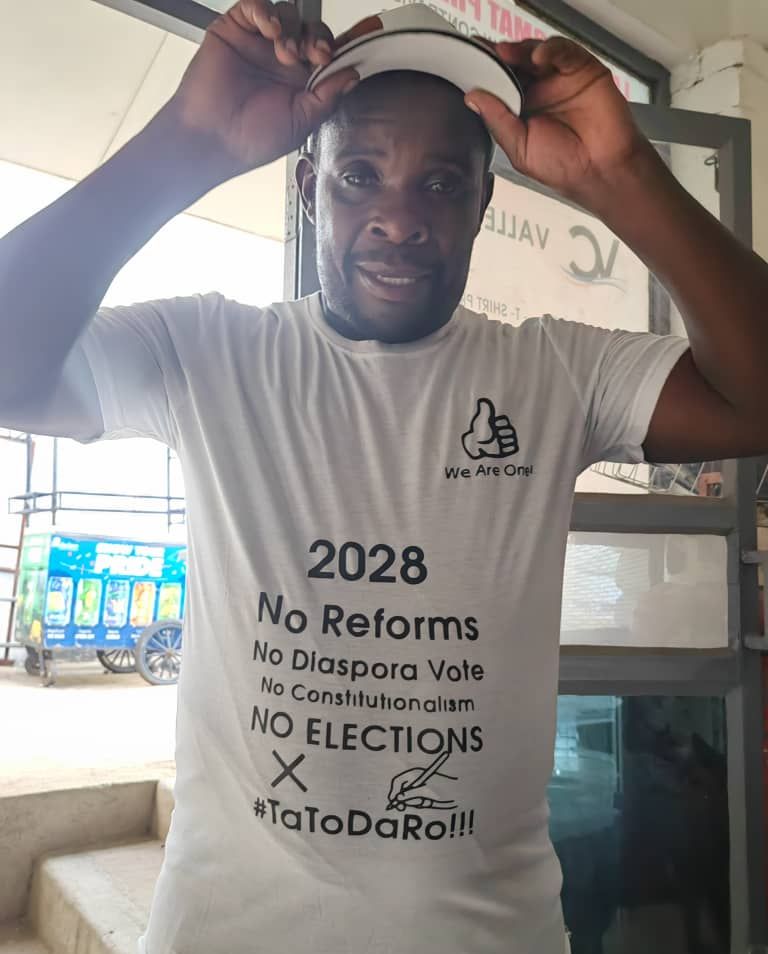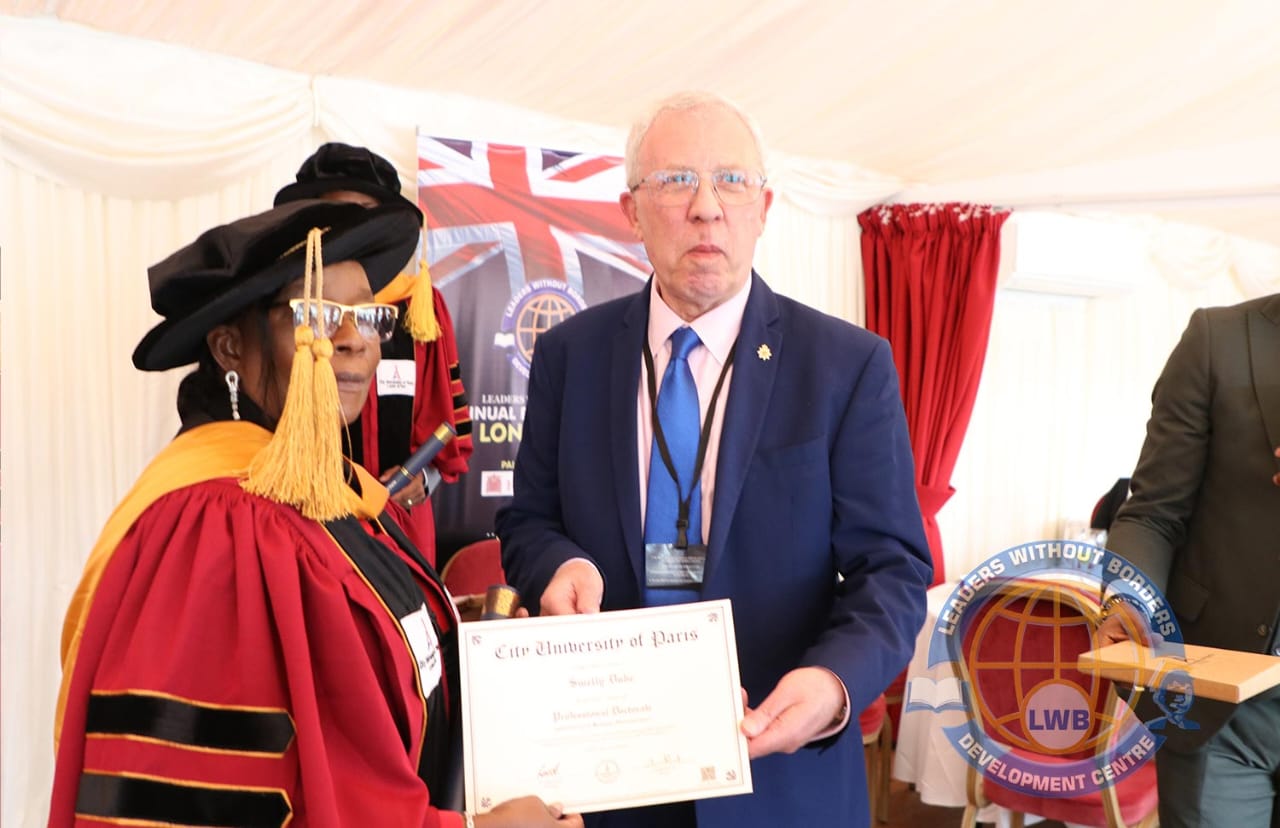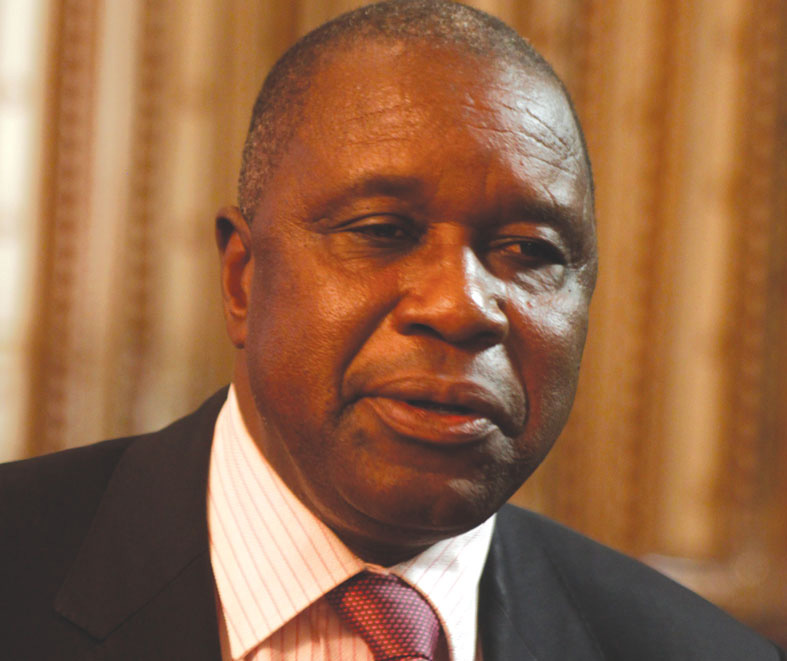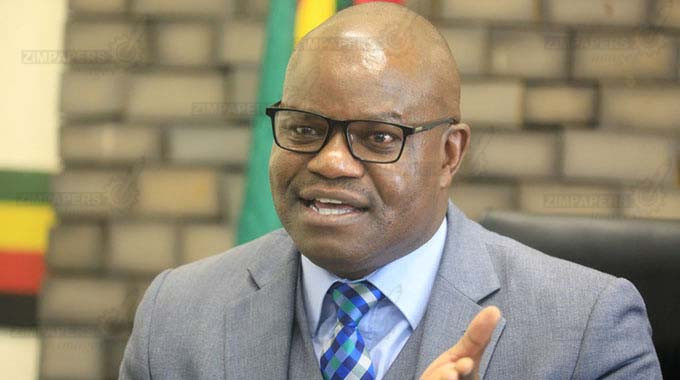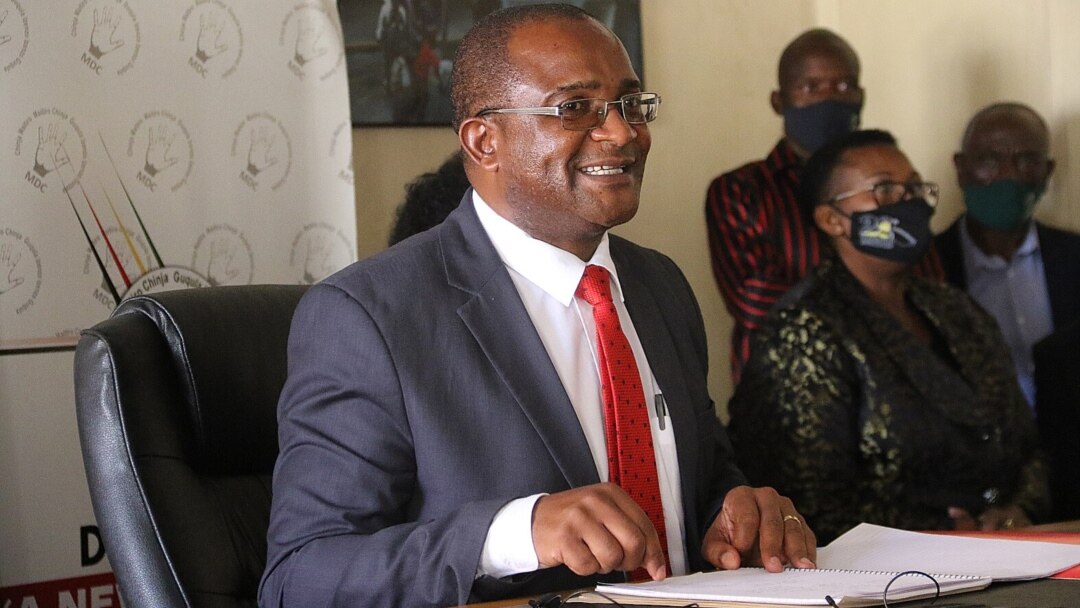
By Martin Mawaya
HARARE–The Southern African Parliamentarians Network Against Corruption (SAPNAC) met with President Emmerson Mnangagwa, the current chair of the Southern African Development Community (SADC), to present a position paper encouraging member countries to domesticate and implement the SADC Model Law on Public Financial Management, the SADC Principles and Guidelines Against Corruption, and the SADC Protocol Against Corruption.
The SAPNAC delegation, led by Brian Dube, chairperson of the Legal Committee responsible for drafting and engagement, included current chairperson Temba Mliswa, former members of parliament from Zimbabwe, Zambia, Mozambique, and Madagascar, as well as a constitutional court judge.
During the meeting, SAPNAC proposed several measures to strengthen the fight against corruption in the region.
These included the speedy amendment of the Public Finance Management Act, the enactment of Whistle Blower Protection Laws, and a review of various relevant laws.
Speaking to The Echo News after the meeting, Dube highlighted that the current Public Financial Management Acts are inadequate if accounting officers do not implement audit recommendations.
He emphasized the need for countries to allocate at least 2% of their national budgets to the Auditor General’s office to ensure efficiency.
The group also outlined a proposal for SADC Country Indexing and Peer Review, aimed at determining and measuring progress and commitment towards the fight against corruption.
This system would allow for systematic and comparative assessments of the anti-corruption measures being implemented across the region.
Such a collaborative process would enable countries to learn from each other’s successes and challenges, fostering accountability in meeting anti-corruption obligations.
According to Dube, the next step is to implement the indexing and rating system based on country performance in the fight against corruption, as well as to lobby for parliaments to enact laws and domesticate regional instruments on corruption.
“By implementing this indexing and peer review system, SAPNAC aims to provide a transparent and objective mechanism for tracking the genuine efforts of SADC nations in combating corruption,” said Dube.
He noted that the data-driven approach would help identify areas for improvement and drive greater regional cooperation and coordination in addressing the scourge of corruption.
Additionally, SAPNAC has proposed that Zimbabwe host the SADC Anti-Corruption Conference.










